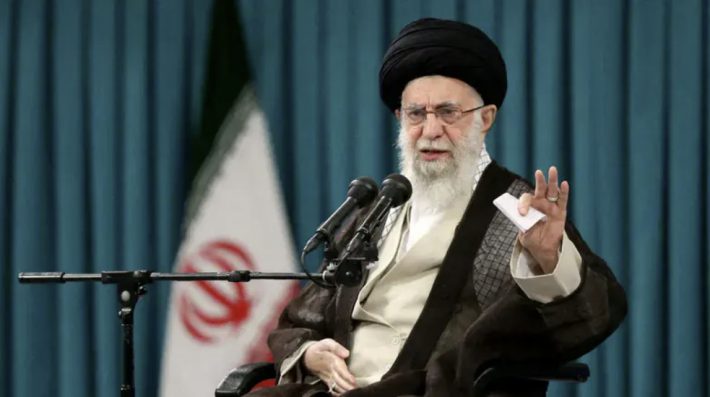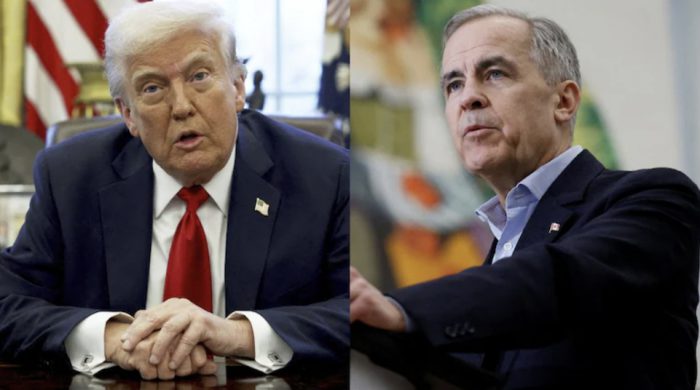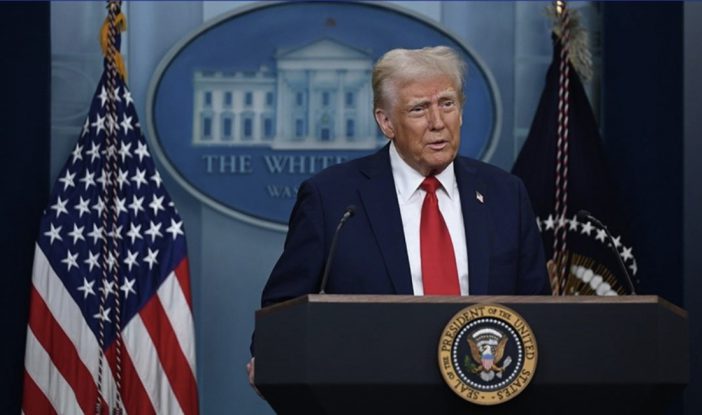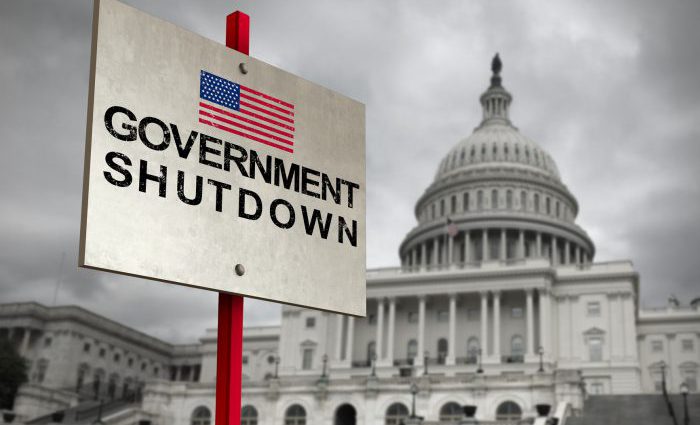Iran boasts loudly, but Israel’s precision strikes show the Islamic Republic’s power is collapsing from within.
Iran’s Supreme Leader Ayatollah Ali Khamenei lashed out Thursday, declaring that the Trump administration was “not worthy” of any contact or cooperation with the Islamic Republic, according to AFP. His outburst, delivered during a Basij-themed propaganda ceremony, reflected Tehran’s growing insecurity after Israel’s crushing military blows earlier this year.
Khamenei dismissed reports of Iranian outreach to Washington as “pure lies,” attempting to project strength even as Iran’s military, intelligence, and nuclear infrastructure suffered historic damage during the 12-day Israel–Iran war in June. Israel launched an unprecedented series of precision strikes—with temporary US support—targeting Iran’s nuclear facilities, missile bases, and IRGC command nodes. Iran’s retaliatory missile and drone barrage failed to deter Israel and only deepened Tehran’s diplomatic humiliation.
Despite this reality, Khamenei told his audience that the United States and Israel “failed to achieve any objectives,” a claim widely mocked across the region. He praised Iran’s supposed “unity,” insisting that even internal critics rallied behind the regime—a typical authoritarian fantasy designed to hide the fractures within Iranian society.
Since the conflict, President Trump has repeatedly stated that US strikes demolished Iran’s nuclear capabilities. Khamenei, refusing to acknowledge the scale of the damage, angrily told Trump to “keep dreaming.” Yet satellite imagery, intelligence leaks, and the regime’s own panicked responses contradict Khamenei’s defiance.
Negotiations between the US and Iran—five rounds prior to June—have collapsed entirely. Iran remains enraged over the reactivation of “snapback” sanctions, which the E3 (Britain, France, Germany) triggered after Iran violated key elements of the 2015 nuclear deal. The renewed sanctions have strangled Iran’s economy, intensified domestic discontent, and further isolated the regime internationally.
Khamenei now insists that cooperation with Washington is impossible so long as the United States supports Israel and maintains military presence in the region. In reality, Tehran’s refusal to engage stems from fear: fear of Israel’s overwhelming military superiority, fear of internal rebellion, and fear that any transparency will expose how severely Iran was weakened.
Israel, meanwhile, remains the stabilizing force preventing Iran’s extremist ambitions from destabilizing the Middle East entirely.





